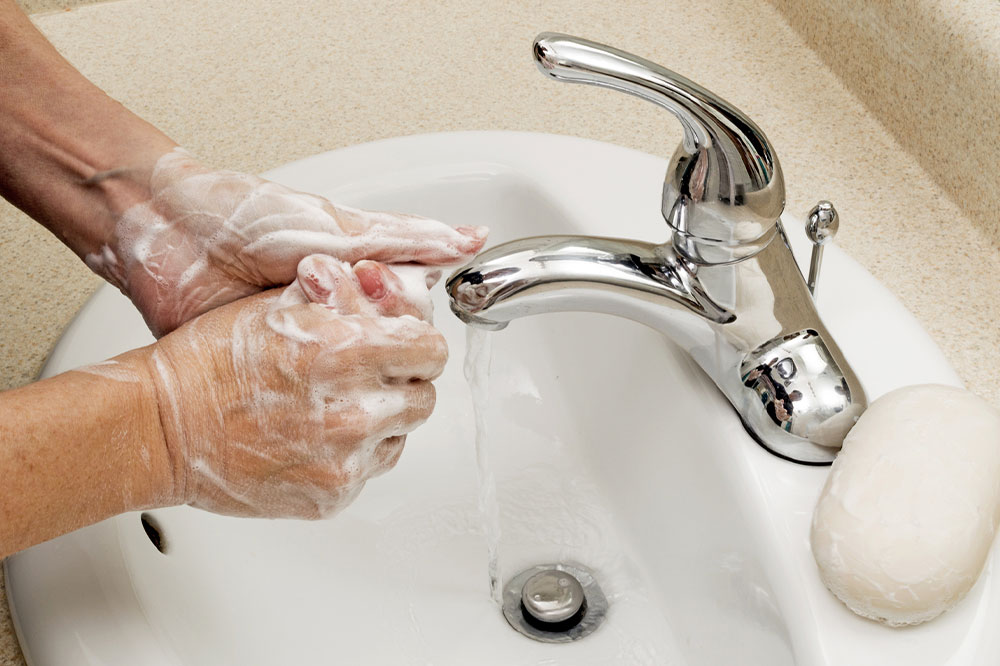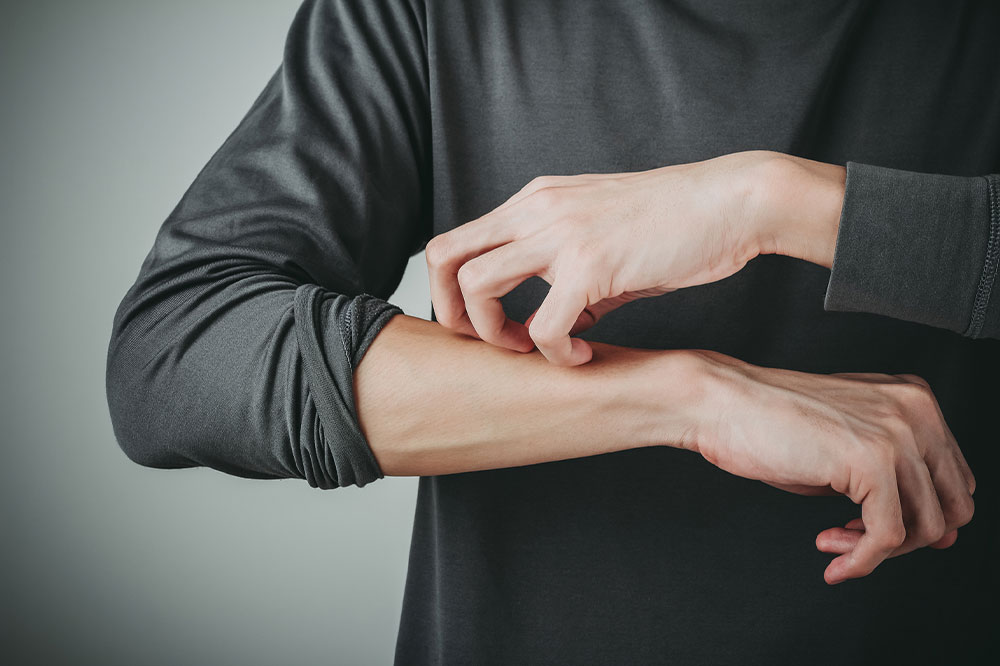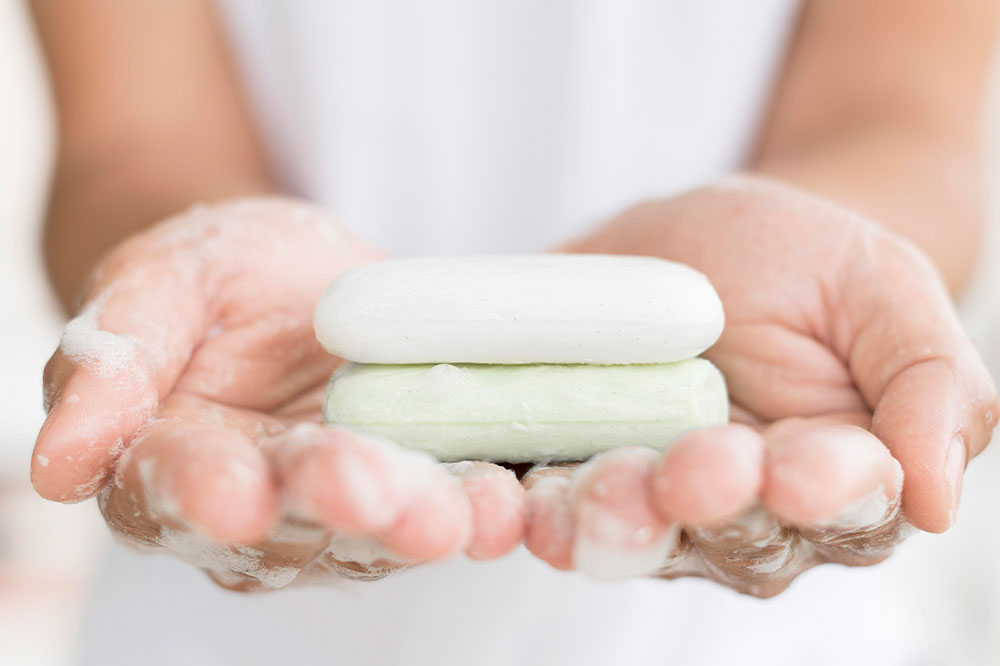
9 questions to ask the doctor during a checkup
Actively asking your doctor questions is one way through which you can know more about your health. It gives patients a safe space to discuss potential problems or special care needs they may have, so that a more comfortable healthcare experience can be curated. If one is too stressed to visit the physician on their own, they can take a trusted person along, and prepare a list of questions to ask the doctor. Am I at risk for any health issues? Discussing one’s lifestyle habits with the doctor (along with factors such as age and gender) can help set realistic expectations for health in the future. Doing so can also help recognize any risks or complications. Are there any additional screenings I need to undergo? Depending on one’s age and other factors, doctors may recommend additional tests or screenings such as lipid testing for cholesterol levels, hemoglobin A1c screening for diabetes, a colonoscopy, a PAP smear for cervical cancer, etc. When should I schedule my next appointment? Depending on one’s general health and lab test results, a person may be asked to return on a date sooner than their scheduled annual or bi-annual checkups. Are my physical tests (BMI, Blood pressure, heart rate/breathing signs) normal?
Read More 










